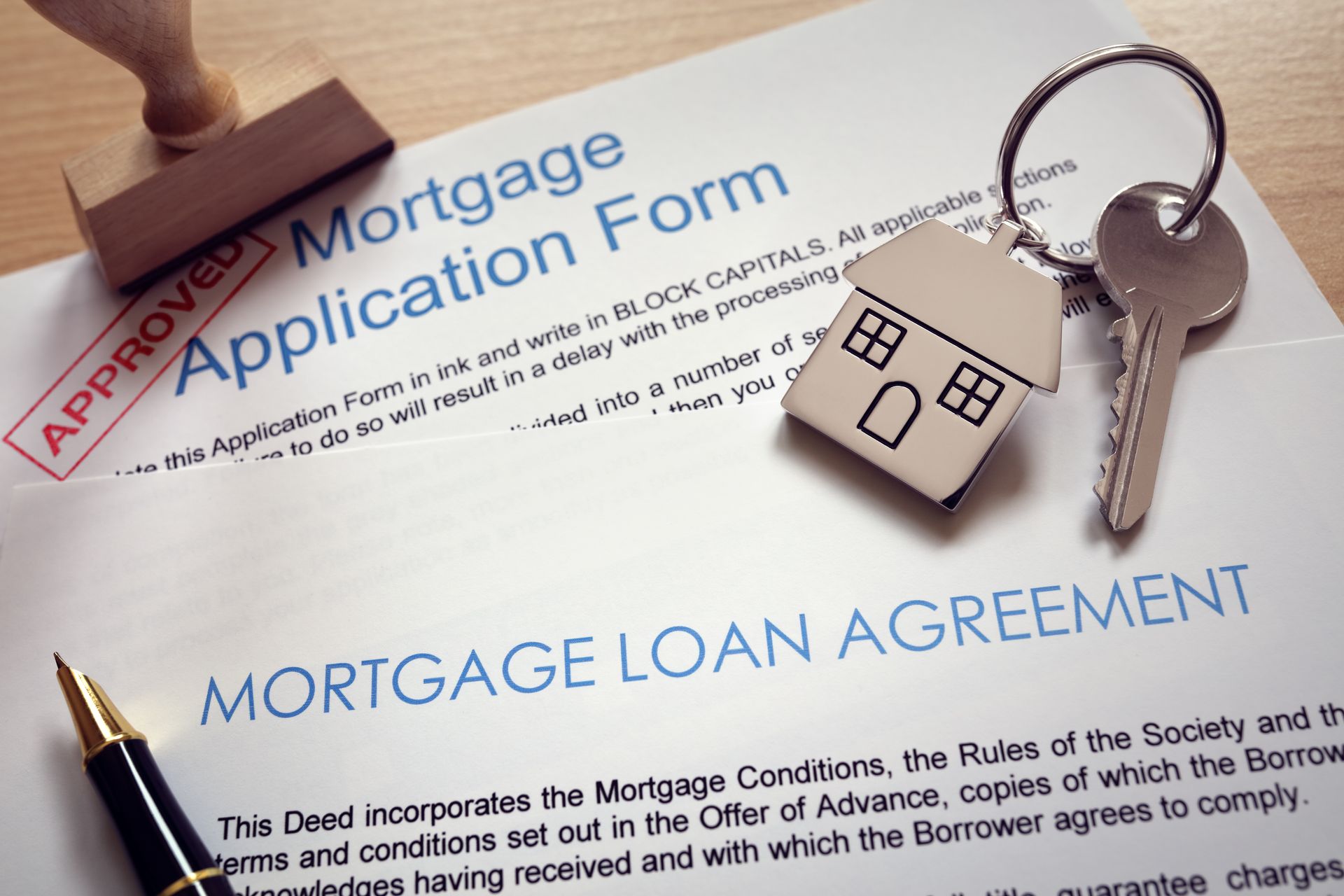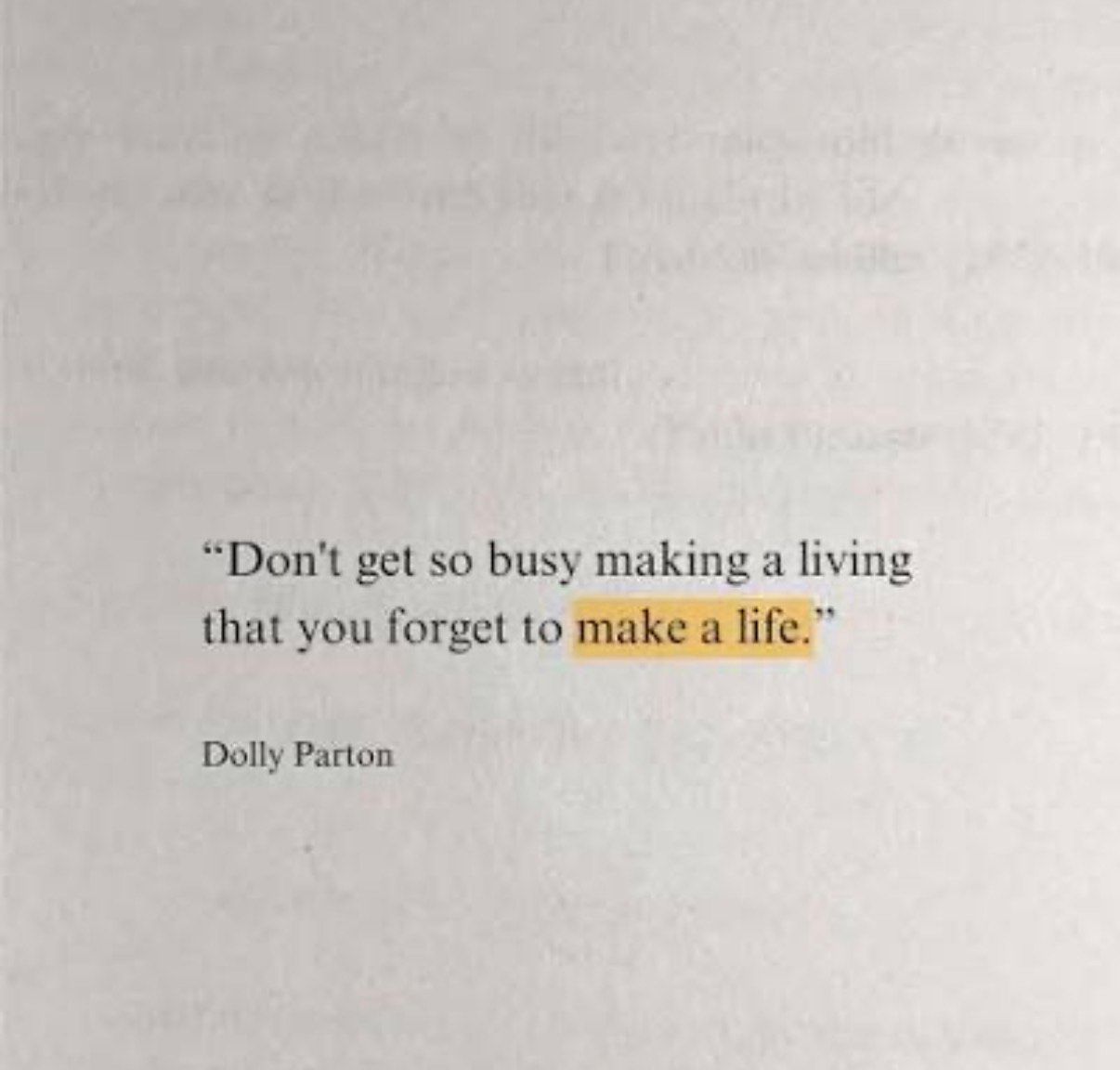Everything you Need to Know about an FHA Loan

If you're in the market for a new home, you've probably heard of FHA loans. These loans are insured by the Federal Housing Administration (FHA) and are designed to help homebuyers with lower credit scores and lower down payments qualify for a mortgage. In this article, we'll take a look at everything you need to know about FHA loans, including what they are, who is eligible for them, and how to apply.
An FHA loan is a mortgage that is insured by the Federal Housing Administration (FHA). These loans are designed to make it easier for homebuyers to qualify for a mortgage, especially those with lower credit scores or smaller down payments. FHA loans have more lenient credit score requirements and lower down payment requirements than conventional mortgages.
Eligibility requirements for an FHA loan
To be eligible for an FHA loan, you'll need to meet certain requirements. These requirements may vary slightly depending on your lender, but generally, you'll need to have:
● A credit score of at least 500
● A debt-to-income ratio of 43% or less
● A down payment of at least 3.5% of the purchase price of the home
● A stable employment history
● Income that meets certain requirements
Benefits of an FHA loan
There are several benefits to using an FHA loan to purchase a home. These benefits include:
● Lower credit score requirements: FHA loans have lower credit score requirements than conventional mortgages, which makes them more accessible to homebuyers with lower credit scores.
● Lower down payment requirements: FHA loans require a down payment of just 3.5% of the purchase price of the home, which is significantly lower than the 20% down payment that is typically required for a conventional mortgage.
● Ability to use gifts or grants for the down payment: FHA loans allow you to use gifts or grants from a family member or government agency to help cover the down payment.
● More lenient debt-to-income ratio requirements: FHA loans have more lenient debt-to-income ratio requirements, which means that you can have a higher debt load and still qualify for an FHA loan.
How to apply for an FHA loan
If you're interested in applying for an FHA loan, there are several steps you'll need to take. These steps include:
● Gathering necessary documentation: You'll need to provide documentation to your lender, such as proof of income, proof of employment, and proof of assets.
● Choosing a lender: You'll need to choose a lender that offers FHA loans. This could be a bank, credit union, or mortgage broker.
● Completing a mortgage application: You'll need to complete a mortgage application and provide any necessary documentation to your lender.
● Having the property appraised: Your lender will need to have the property appraised to ensure that the home is worth the purchase price.
Potential drawbacks of an FHA loan
While FHA loans can be a good option for some homebuyers, there are also potential drawbacks to consider. These drawbacks include:
● Mortgage insurance premiums: FHA loans require mortgage insurance premiums (MIPs), which are an additional cost that is added to your monthly mortgage payment. These premiums can be expensive and can add significantly to the overall cost of your mortgage.
● Limited loan amounts: FHA loans have limits on the amount that you can borrow, which may be lower than the limits for conventional mortgages. This can make it difficult to purchase a higher-priced home with an FHA loan.
● Strict guidelines for home repairs and renovations: FHA loans have strict guidelines for home repairs and renovations, which may make it difficult to make certain changes to the home after you purchase it.
FHA loans can be a great option for homebuyers who may have a lower credit score or a smaller down payment. These loans offer more lenient credit score requirements, lower down payment requirements, and the ability to use gifts or grants for the down payment, making it easier for many people to become homeowners. However, it's important to carefully consider the potential drawbacks of an FHA loan, such as mortgage insurance premiums and limits on loan amounts, before making a decision.
If you're considering an FHA loan and would like more information or to be connected with a lender, don't hesitate to reach out. I can help you understand the process and make an informed decision about the best mortgage option for you. Contact me today to learn more













